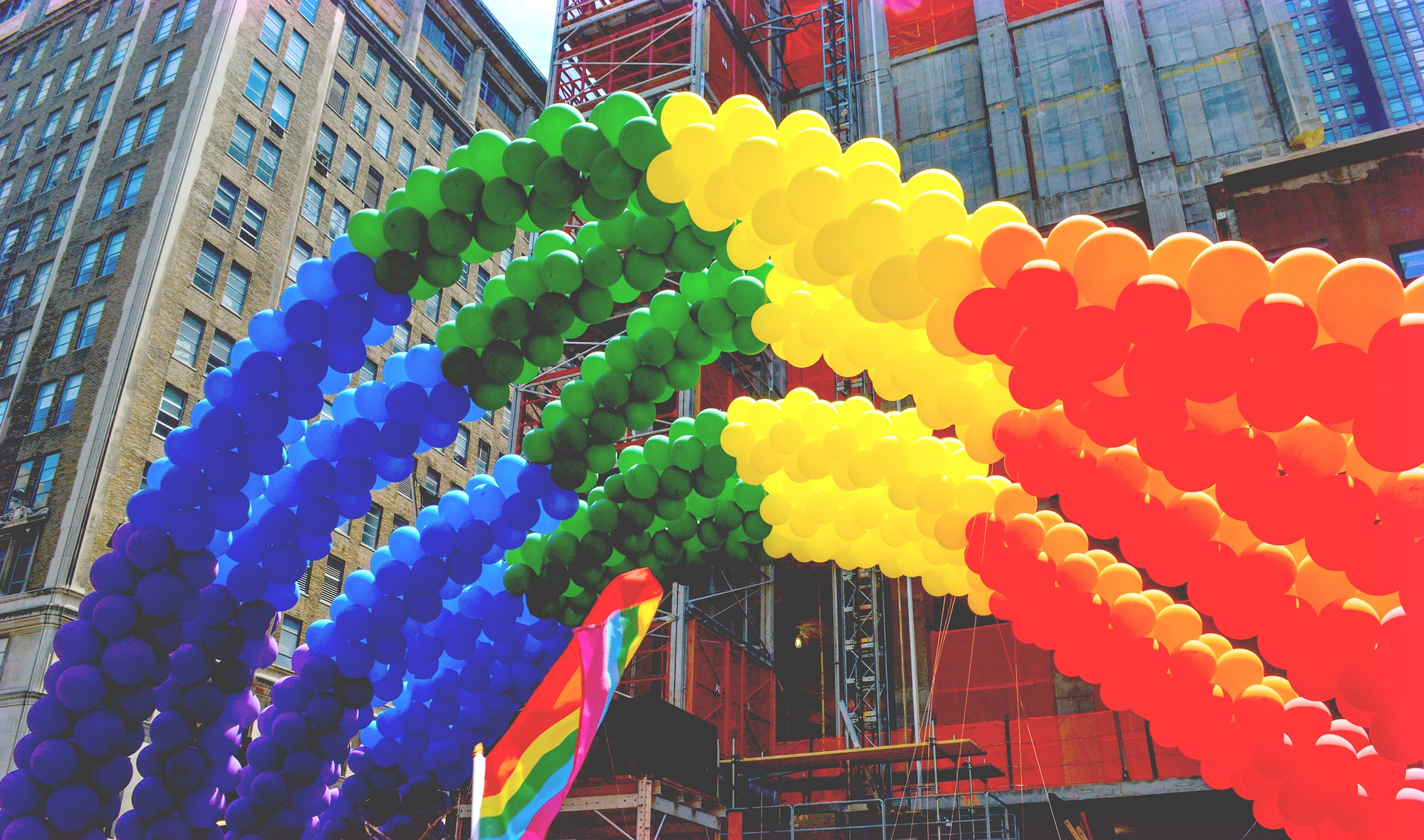Sexual Misconduct Reporting & Referral Forms
LGBTQ+ Relationships

LGBTQ+ Relationships have unique challenges compared to heterosexual relationships. Healthy relationships are not a “one size fits all.” However, all healthy relationships share equality and respect. There are common characteristics of unhealthy relationships – you can explore these here. Signs of an unhealthy relationship unique to LGBTQ+ relationships include:
- Threatening to out you to others (if you are not out)
- Telling you that you aren’t a “real” gay man, lesbian woman, trans man, trans woman, non-binary individual, etc. (This could be because you don’t have sex they way they want you to or think you should)
- Not respecting your chosen gender pronouns or names
LGBTQ+ Power and Control Wheel

The Power and Control Wheel for LGBTQ+ Relationships depicts various ways in which power or control can manifest in an abusive relationship. It provides insight into how heterosexism, homophobia, biphobia, and transphobia can be used to further perpetuate abuse. This abuse can be emotional, physical and/or sexual. Examples of the various types of abuse are outlined in the Power and Control Wheel. Some examples of abuse include using tactics such as intimidation, emotional abuse, isolation, denying, minimizing, and blaming, using privilege, economic abuse, or coercion and threats to control a partner.
Specific differences that LBGTQ+ individuals face that differ from heterosexual couples in relation to the Power and Control Wheel include:
- Using looks, actions, or gestures to reinforce homophobia, biphobia or transphobia
- Questioning if you’re a “real” woman, “real” femme, “real” butch, etc.
- Saying women can’t abuse women/men can’t abuse men
- Threatening to tell your ex-spouse or authorities that you are lesbian, gay, bisexual or trans so they will take your children
- Using privilege or ability to “pass” to discredit you, put you in danger, cut off your access to resources, or use the system against you
Myth: The more masculine-presenting or stronger partner is the one inflicting abuse.
Truth: Domestic violence does not discriminate; however, it is often perceived through the lens of gender. It can play a significant role for reporting instances of domestic violence.
Myth: The majority of pedophiles are homosexual men.
Truth: The majority are white, heterosexual men. The perpetrators are motivated by power and control, not by sexual desire.
Myth: Bisexual individuals are promiscuous and they just can’t make up their minds.
Truth: Bisexual individuals aren’t more promiscuous than other sexual orientations and someone’s sexuality isn’t ‘waiting to make a decision’, it is just a part of who they are. Bisexual people are attracted to both sexes/genders to varying degrees. Some are more attracted to men, some more to women, and some equally to both. Bisexual is no more a choice than gay or straight.
LGBTQ+ Support Groups
Oshkosh:
Lavender is a group for students who identify as Lesbian, Gay, Bisexual, Transgender, Queer, and/or questioning to talk about issues important to them. Students can meet others with similar identities and explore and celebrate issues related to their sexual orientation and gender identity. Issues, concerns, and opportunities with friends, families, and partners will also be addressed. Academics, relationships and the stress of everyday life will also be topics of conversation. Provide support to others as you get insights and feedback on important issues in your life. Located at the UWO Counseling center–Call (920) 424-2061 to make an appointment to see a counselor before joining this group
Neenah:
LGBTQ+ Survivors of Violence Group
For adult LGBTQ+ survivors of physical, emotional, sexual, intimate partner, hook-up, or social violence. Please call ahead prior to attending your first group session.
Call Reach Counseling at (920) 722-8150 for more information.
Fond du Lac:
LGBTQ Adult Community Support Group
Dates: First and Third Tuesday of each month from 5:30 to 6:30 p.m. in Journey’s at St. Agnes Hospital
Cost: Free
Details: LGBTQ Adult Support group is a confidential support group for adults 18 and older who identify with the lesbian, gay, bisexual, transgender, queer (LGBTQ) community, and/or seeking support surrounding their sexual orientation.
Facilitated by Leann Vice-Reshel, MA, LPC and Paul Clark, MSE, LPC, Agnesian HealthCare Behavioral Health Services, this professional and peer-led group offers support to individuals anywhere in their coming out process, and includes professional education on the following:
-
Coming out
-
Sexual orientation
-
Gender identity
-
Communication with family and friends
For more information, call Paul Clark, MSE, LPC, at 920-926-4382 or Leann Vice-Reshel, PsyD, LPC at 920-926-4428.
Other Resources
Statewide
Diverse & Resilient Room to Be Safe Statewide Anti-Violence Program:
This statewide program addresses intimate partner, sexual and community or hate based violence. This program includes Wisconsin’s first statewide resource line for LGBTQ survivors of violence.
Call or Text 414-856-LGBT(5428)
Fair Wisconsin works to build a fair, safe, and inclusive Wisconsin for all lesbian, gay, bisexual and transgender (LGBT) people by advancing, achieving, and protecting LGBT civil rights through lobbying, legislative advocacy, grassroots organizing, coalition building, and electoral involvement.
608-441-0143
Nationwide
FORGE is a progressive organization whose mission is to support, educate, and advocate for the rights and lives of transgender individuals and SOFFAS (Significant Others, Friends, Family and Allies).
414-559-2123
Local Hotlines/Services:
24-Hour Sexual Assault Hotline: 920-722-8150
24-Hour Domestic Abuse Hotline: 920-235-5998
Information adapted from Love is Respect

